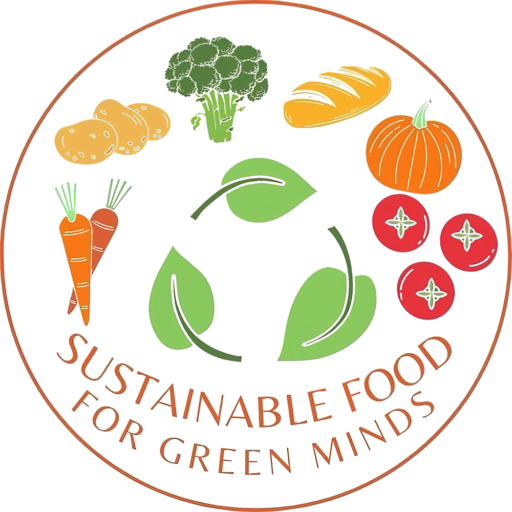Project Results
Our primary project outcomes are the E-Books. Discover more about our supplementary project results and find out how you can get involved!
European Parliament Resolution
This result indicates that the European Parliament acknowledged and endorsed the sustainable food system strategy as outlined in the European Green Deal. They emphasized the urgency of using natural resources more efficiently while supporting the agricultural sector. Moreover, the resolution reiterated the Parliament’s commitment to reducing pesticide dependency, minimizing the use of fertilizers and antibiotics in agriculture, and striving for higher animal welfare standards. Additionally, the call for an ambitious EU-wide food waste reduction target of 50% reflects the Parliament’s dedication to addressing food waste issues in the region. This resolution served as a foundational endorsement for sustainable food practices aligned with the European Green Deal.
Partner Collaboration
Project partners engaged in discussions regarding the nutrition situation in their respective countries, recognizing the need for efficient learning materials to educate adult educators about sustainable food practices. Their collaborative effort aimed to create a comprehensive set of materials, including photos and videos, for the development of the E-Book “Sustainable Food for Green Minds.” This partnership was essential for ensuring the success and relevance of the educational materials.
Importance of Food Factor
According to the Eurobarometer survey on “Food Safety in the EU,” the survey results highlighted that Europeans prioritize factors such as food origin, price, safety, and taste when making food purchasing decisions. Furthermore, the survey revealed that a significant portion of respondents had changed their food consumption habits after learning about food risks. This insight underscores the significance of addressing these factors in sustainable food education and aligning them with the project’s goals.
Leading Partner Selection
Mitra France was chosen as the leading partner for the E-Book project due to France’s strong track record in sustainable food practices and policies. France’s proactive approach to food loss prevention and food waste reduction, as demonstrated in its policies and strategies, made Mitra France an ideal leader for this project. Additionally, documents and legislation from the French Ministry of Agriculture served as supportive resources for the project.
Additional Material
The E-Book “Sustainable Food for Green Minds” was designed to provide comprehensive content to adult educators. It focused on imparting theoretical knowledge about sustainable food concepts and practical teaching methods for real-life implementation. The project aimed to create easy-to-replicate materials, practical case studies, and interactive content to enhance the learning experience.
Impact on Educators
The project aimed to ensure that educators would feel comfortable using the E-Book in non-traditional learning environments. Educators were expected to fully understand the benefits of the E-Book for education and training while recognizing their role as facilitators in the learning process. This result was essential to promote effective implementation of the E-Book among educators.
Multilingual Accessibility
To maximize accessibility, parts of the E-Book were planned to be translated into all partner languages. It would be made available online in PDF format through various platforms, including the project’s Facebook page and partner websites. This approach ensured that the educational materials reached a broader audience across different regions and languages.
Project Phases
The project was divided into several phases, including planning, designing the E-Book structure, content development, translation, layout, pilot testing, and dissemination. These phases outlined the systematic approach taken by the partners to create, refine, and distribute the E-Book effectively.
Collaborative Approach
Throughout the project, partners adopted a collaborative approach, with each partner having specific responsibilities related to content creation, testing, layout, and dissemination. This collaborative effort was essential for the successful development and distribution of the E-Book, ensuring its relevance and effectiveness across partner countries and regions
Navigation

Funded by the European Union. Views and opinions expressed are however those of the author(s) only and do not necessarily reflect those of the European Union or the European Education and Culture Executive Agency (EACEA). Neither the European Union nor EACEA can be held responsible for them.
© 2023 Green Minds • All Rights Reserved

